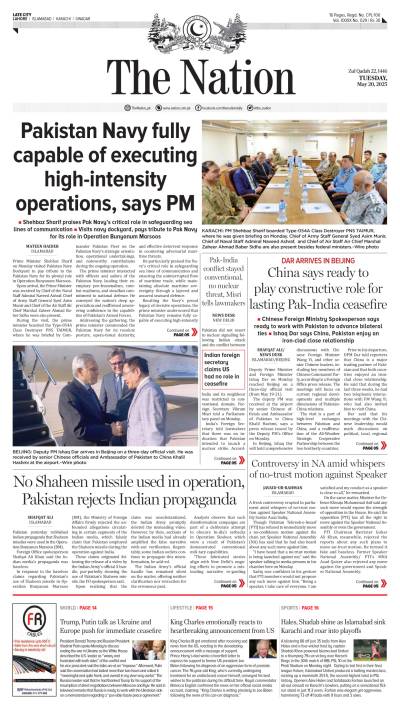Speaking at an event held on Women’s Day at the Shaheed Benazir Bhutto Women University, Peshawar, Pakistan Tehreek-e-Insaaf Chairman Imran Khan told a gathering that the Council of Islamic Ideology (CII) will first review the draft of the domestic violence bill and “suggest whether it complies with the Holy Quran and Sunnah.” While the CII is qualified to determine whether the draft bill complies with their interpretation of Islam, the question is whether Imran Khan is actually championing women’s empowerment by deciding to first seek the approval of the CII. While claiming to champion democracy, this incessant desire by not only Imran Khan, but our entire political leadership, to allow an interpretation of Islam to decide how all Pakistanis should be governed, is not in line with the very basic principles of democracy.
In Pakistan, even liberal champions for the cause of women outside the political arena often seek a stamp of approval from Islam. On winning her Oscar for her film, the filmmaker Sharmeen Obaid-Chinoy made a powerful speech denouncing honour killings in Pakistan – the practice of killing girls for “dishonouring” or bringing “shame” to the family. Her film Girl In The River: The Price of Forgiveness highlights the very law of forgiveness that often allows the perpetrators of this crime to avoid incarceration. Sharmeen is on record, standing alongside the Prime Minister, saying this practice has nothing to do with Islam. Perhaps she felt that this is the best way to banish this practice all together from this country. However, her statement ignores certain ground realities. Islamic law is used in these cases, so it cannot be said that it has nothing at all to do with Islam. A more accurate statement would be that a law based on Islamic sharia is perhaps being “misused.”
Another example of this practice of blaming misuse of a law to explain apparent injustices in society is the way the blasphemy law in Pakistan marginalizes both the minorities and critics of Islam in Pakistan (and even the mentally ill). Either the accused is defended as unfit for trial, or the motives of those individuals levelling the charges are questioned. And in the media, every thing but the law is questioned. Equally horrifying is when a victim of rape cannot produce the required four witnesses as proof, the victim’s claim of rape can often be taken as admission of guilt to committing an illegal sexual act. Many would cite this as misuse – as a twisted legal anomaly that needs to be addressed. Perhaps there is an element of misuse, but would this not occur in any legal constituency where sex between consenting adults is criminalized?
But laws are often misused. And modern democracies draft and amend laws all the time. Many laws that we have today evolved through this same process. Laws that are observed to have loopholes and allow for misuse are often redrafted, or even removed. And herein lies the issue. In modern secular societies, when laws are misused, instead of assigning fault to their misuse alone, lawmakers often amend them and remove possible loopholes. It’s not left on the good faith of citizens to not misuse the laws. Often even the law is removed.
And THAT is the case for secularism that must be communicated at all levels in the media. Secularism is the only safeguard to protect all Pakistanis. Making our laws subservient to what a set of people interpret Islam to be is marginalizing all other interpretations that may be in conflict with the standard interpretation. It is only secularism that allows for all interpretations to exist as ideologies and thoughts, and it is a truly secular system that prevents any one school of thought from defining the laws that affect all Pakistanis. Those who want to seek advice on whether a law is compliant with what is written in the Quran and Sunnah, are in practice allowing one interpretation of the text to take precedence, thereby stifling the freedom of religious expression itself.






